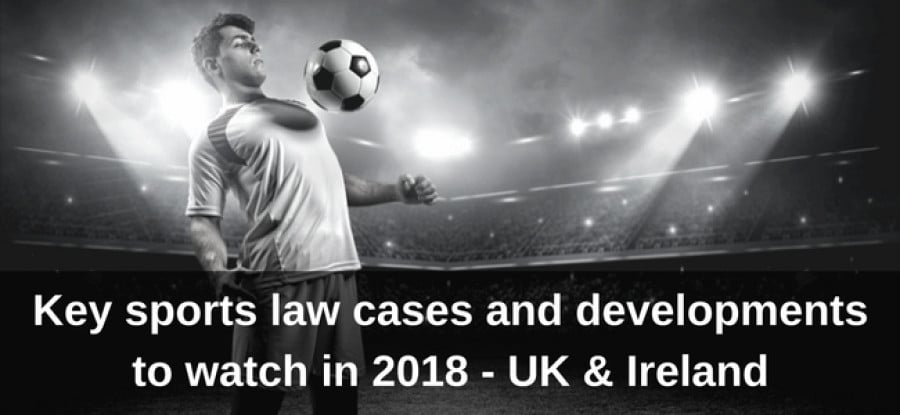Key sports law cases and developments to watch in 2018 - UK & Ireland
Tuesday, 09 January 2018
Featured experts:
- Dan Chapman, Senior Partner, Leathes Prior Solicitors
- Ben Rutherford, Senior Legal Counsel & Integrity Unit Manager, World Rugby
- Mark Hovell, Head of Sport, Mills & Reeve
- Mark Gay, Partner, Solesbury Gay
- Tom Solesbury, Partner, Solesbury Gay
- Gemma White, Barrister at 3PB
- Zane Shihab, Partner, Sports Department, Kerman & Co
- Nick Bitel,Consultant, Kerman & Co
- Jamie Singer, Partner at Onside Law
- Keith Oliver,Head of International, Peters & Peters Solicitors LLP
- Jonathan Tickner, Partner at Peters & Peters Solicitors LLP
- Ian Lynam, Founding Partner at Northridge Law LLP
- Robert McTernaghan BL, Barrister at the Bar of NI / Ireland
- Jon Walters, Partner, Northridge Law LLP
- Louis Weston, Barrister, 3PB
- Jeremy Drew, Head of Sports Law, Partner at RPC
- Cliodhna Guy, Head of Legal and Compliance, The Turf Club
- Andrew Haywood, Partner, Employment, Head of the Sports and Entertainment Group, Penningtons Manches LLP
We hope you enjoy the article. If you think there’s anything you would have liked to have seen be mentioned please feel free to tweet us @LawInSport or email us with your suggestions at
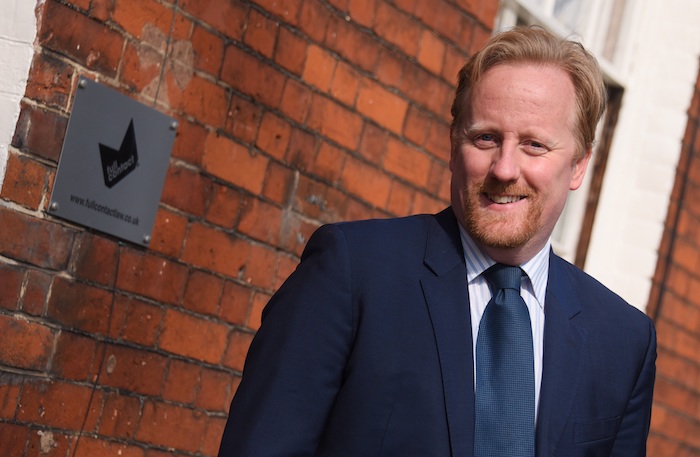 Dan Chapman
Dan Chapman
Senior Partner, Leathes Prior Solicitors
I believe we will see a legal challenge in 2018 to the legitimacy of the training compensation and youth development rules that govern academy football in England. There are seriously complex but controversial issues at play and in a climate of transparency, protection of welfare and – not least with Brexit on the horizon - I am expecting the first of what may be many and high profile challenges, unless the governing bodies respond to the so far ignored calls to review and reform their regulations.
Ben Rutherford
Senior Legal Counsel & Integrity Unit Manager, World Rugby
Aside from the integrity issues referred to above which will stretch into 2018, the rapidly-changing media landscape in the UK, Ireland and elsewhere will continue to present challenges and opportunities for sporting bodies and sports lawyers in relation to how they can best engage their fans and generate the revenue required to fund their sports. The most creative sporting bodies and sports lawyers will no doubt profit from this ever-increasing market fragmentation through innovation with fans being the ultimate beneficiaries as sports content becomes available to them in ever different ways.
 Mark Hovell
Mark Hovell
Head of Sport, Mills & Reeve
Following on, one suspects that Paris Saint-Germain may be the focus of the next FFP “break-even” case. at present there is a UEFA investigation flowing from the Neymar transfer. That could be withdrawn, perhaps UEFA and PSG will enter into another settlement agreement or it may end up before UEFA’s adjudicatory chamber, with an appeal to CAS. We have to wait and see. However, one would suspect that a club with PSG’s means would learn from the Galatasaray case and bring the relevant expert evidence before the CAS. Alternatively, should there be a settlement, may we see a directly affected party attempt to challenge that settlement pursuant to Article 34.1 of the UEFA CFCB procedural rules)? Perhaps if PSG win this season’s champion’s league, the losing finalist will say UEFA should take the title off PSG, rather than settle with it?! One to watch for!
 Mark Gay
Mark Gay
Partner, Solesbury Gay
Tom Solesbury
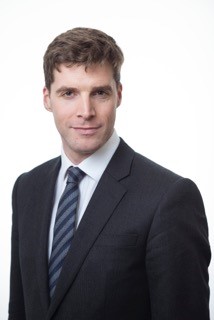
Partner, Solesbury Gay
Athlete welfare in elite sport.
The Independent Cycling Review and reports into bullying in other sports have highlighted that winning medals for Great Britain has, in some cases, been prioritised without due regard to the welfare of the athletes. This is an issue which will continue to gather momentum as the industry reassess its priorities and it is clear that how we achieve success in sport must be reviewed and challenged. Having been part of one of the most successful Olympic sports in Great Britain, it is of concern that a debate driven by those without first-hand experience of elite sporting environments will blunt the effectiveness of coaches and others who are responsible for driving winning performance. In some cases there is a fine line between bullying and effective coaching. If the current debate takes away from effective coaching, it will have a negative impact on results and the very athletes who we are trying to protect.
The outcome of the upcoming Premier League rights sales. The last was a game-changer. The question is whether the fees achieved in the last rights round were sustainable and indeed whether they can be increased. If they are, the financial landscape of football could change immensely.
 Gemma White
Gemma White
Barrister at 3PB
Sport has fared comparably well thus far, but the recently launched civil lawsuit against former NFL quarterback Warren Moon by his former assistant and the recent complaints made by female sports reporters about the conduct of athletes demonstrates that the problem evidently exists in sport. I anticipate that governing bodies will be alive to the potentially damaging impact of such complaints, and will be seeking to ensure that all those who are involved in the sport are educated properly and that their internal regulations are sufficiently robust to ensure the integrity of the sport.
Zane Shihab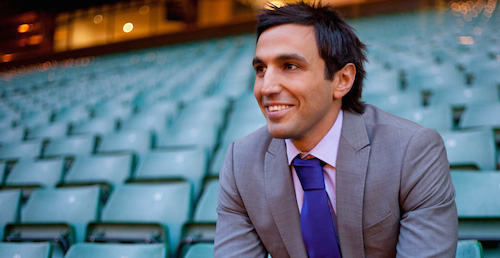
Partner, Sports Department, Kerman & Co
Nick Bitel
Consultant, Kerman & Co
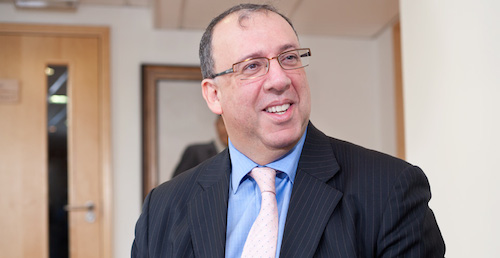
A key story to watch for 2018 centres around four letters which many sporting organisations may now consider profane: the EU's General Data Protection Regulation ('GDPR'). When the GDPR comes into force on 25 May 2018, UK sporting governing bodies will, as data controllers, be required to implement a number of new measures. Some of the proposed changes could have a fundamental effect on governing bodies’ ability to carry out a number of regulatory functions that are in the public interest (for example, conducting safeguarding investigations, investigating corruption and illegal gambling and enforcing anti-doping rules). Of particular concern are the new rights for individuals (e.g. the right to withdraw consent for the processing of personal data) and the stricter rules regarding consent. For example, consent to processing of anti-doping data is a condition of participation in sport at an elite level so, if the GDPR is fully implemented without change, there are doubts as to whether such consent is validly obtained (as there is a presumption that consent is not freely given where the data subject has no genuine choice and cannot with consent without detriment). There is also the question of whether participants can exercise the ‘right to be forgotten’ to subsequently withdraw their consent to the processing of their sensitive personal doping data. Safeguarding under the GDPR is another problem area. In a safeguarding-related investigation by a governing body, one can expect to collect a lot of sensitive personal data (for example, religious beliefs, health data, ethnicity, sexual persuasion, etc.). Not all breaches of a safeguarding policy will meet the criminal standard and, in these situations, will the governing body be able to retain this sensitive personal information to properly safeguard children and vulnerable adults? The GDPR does, however, reserve certain powers to member states which allows the government to take action to protect and reinforce the integrity of sport in the UK. The larger sporting governing bodies are in the process of lobbying the government and it is absolutely essential that the correct carve outs are introduced to deal with the aforementioned regulatory concerns.
 Jamie Singer
Jamie Singer
Partner, Onside law
Doping scandals have dominated sports law headlines over the last few years. It may well be that betting and integrity take centre stage in 2018. The much anticipated Independent Review Panel, commissioned way back in February 2016, is due to publish its report on integrity in tennis imminently. This should shine a light on how integrity issues are best investigated and prosecuted and should have ramifications for all governing bodies trying to police this area.
Keith Oliver
Head of International, Peters & Peters Solicitors LLP
Jonathan Tickner
Partner, Peters & Peters Solicitors LLP

There has been a growth in current and former sports professionals seeking to recover losses incurred as a result of their investments into failed tax investment schemes. As a result of these mis-sold schemes, these sports professionals now face significant losses including huge tax liabilities from HMRC. The focus of the litigation claims is not just on the promoter of the schemes, but also the IFAs, Agents and Financial Institutions that were involved during the relevant period. Claims do not just include the losses suffered but also the secret or undisclosed commission payments received by the IFAs and Agents who gave advice or introduced the investment schemes to the players. This is particularly hard for sporting professionals whose earning potential is at its peak for only a few years. A number of those affected are now facing bankruptcy.
[Peters & Peters are acting in one such set of legal proceedings for sports professionals who have all suffered significant financial losses as a result of these schemes being mis-sold to them as legitimate opportunities in which to invest in film or other media businesses. They were misinformed that the tax reliefs had been approved by HMRC and were permitted by law. ]
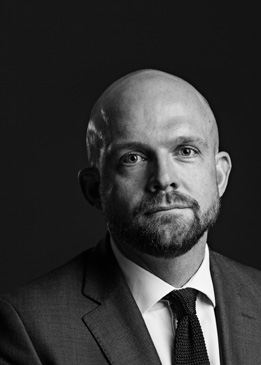 Ian Lynam
Ian Lynam
Founding Partner, Northridge Law LLP
One notable trend in football in 2017 was an increasing willingness for football clubs to hold players to their contract notwithstanding “market value” offers from elsewhere (e.g. Coutinho, Van Dijk, Sanchez, Ozil etc.) I suspect that a reaction to this trend will be an increase in players and agents considering the unilateral termination track (i.e. Article 17 of FIFA’s Regulation of the Status and Transfer of Players ('RSTP')) which would likely result in players refusing to sign regular contract extensions (as are used by many Premier League clubs) so as to avoid extending their “protected period”.
Robert McTernaghan BL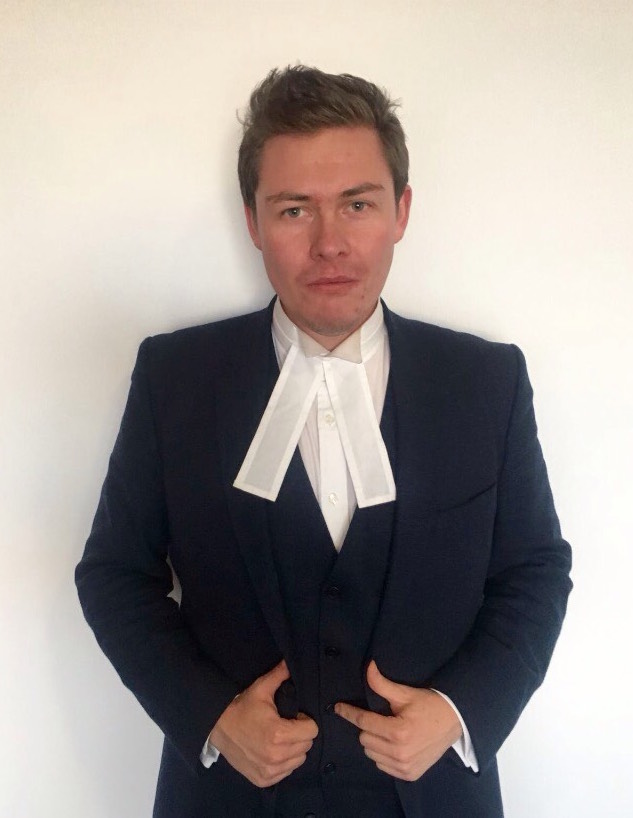
Barrister at the Bar of NI / Ireland
As I mentioned in this piece last year, the Pat Hickey IOC scandal rumbled on until the publishing of the Moran Report in the summer of 2017, following on from that Mr Hickey resigned from the IOC board in September 2017. It will be interesting to see how the IOC moves forward in 2018 with regards to its governance.
If I was to pick one issue, it would have to be the issue of “concussion”, here in the North the charge has been led by the parents of young Ben Robinson (14), who have relentlessly campaigned on the issue after the tragic death of Ben from Second Impact Syndrome in a kids rugby school match in 2011.
This issue was the subject of a BBC documentary with Alan Shearer and Dr Willie Stewart in November surrounding the tragic death of Jeff Astle & dementia in football from repeatedly heading a football. This would be the key sports law issue to watch out for in the UK & Ireland in 2018.
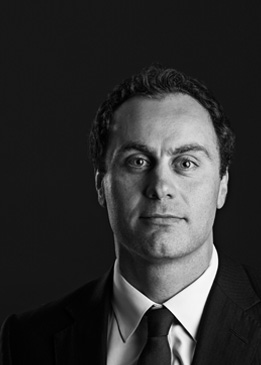 Jon Walters
Jon Walters
Partner, Northridge Law LLP
Can it be time already for another Premier League rights auction in 2018? Oh yes it is. It’s an obvious one, but there is no avoiding the fact that this is likely to be a clear signpost of the direction of travel for sports media rights, both in terms of valuation of rights and the balance of power between established broadcasters and the digital giants entering the sports market. BT Sport say it’s not existential for them to have PL rights, but you would have to suspect this is a bluff. And if it is not existential for Sky, then certainly the hype and thrills of Premier League football is an integral part of its DNA (at least under its previous ownership – what will Disney think?). Are Amazon, Facebook and Twitter seriously considering a bid? Or is this hollow chatter which suits the Premier League to perpetuate? Let battle commence.
Louis Weston
Barrister, 3PB
2018 will I hope see the rise of the recognition of the value and need for whistleblowing by all participants and sports governing bodies.
We should be proud of whistleblowers and recognise that their revelations are a necessary and effective means of fighting against inequality, discrimination, corruption and doping in sport. I expect to see sports providing proper and effective protection and encouragement to those who do shine light on the darker recesses within sport and to place real value on the courage it takes to step forward and stand up to misconduct and disgraceful behaviour.
 Jeremy Drew
Jeremy Drew
Head of Sports Law, Partner at RPC
Certain football clubs (and their advisors…) have had a taster this year of regulatory dawn raids, but it seems that sports organisations will continue to be firmly in the crosshairs next year. This will have implications beyond the immediate regulatory investigations themselves, into the realms of reputation and brand management. We know that HMRC is conducting more investigations into the tax affairs of sports organisations, and the new Criminal Finances Act has had relatively little public exposure compared with the significant ramifications of its new strict liability offences for failing to prevent tax evasion. Sports organisations therefore will need to prepare if they are going to effectively handle an "unexpected knock at the door". This will not be confined to football clubs and all sports organisations need robust response policies in place. Staff training and a protocol to follow are a must, so that they know who to call and are ready to deal with the range of issues that could land on their desks, from press statements to privilege, from reputational management to insurance notifications. Beyond that, the General Data Protection Regulation will continue to occupy business time, together with other unfolding regulatory changes such as the Modern Slavery Act. No doubt 2018 will reveal further integrity issues in sport and beyond as the new wave of revelations takes its course.
Cliodhna Guy
Head of Legal and Compliance, The Turf Club
GDPR looms and federations have a lot of work to do to ensure compliance. Governance issues will continue for 2018 – federations still have work to do to be compliant with operational factors having to be taken into account. Anti-doping will continue to be an issue. Recent steps by WADA to ensure compliance by laboratories will hopefully continue and as the investigations into RUSADA and the state sponsored doping conclude we will see what changes may be imposed to safeguard the future. I think the growth and development of eSports will continue in 2018 and move closer to centre stage. Interesting to see a new area of sport evolve especially given its very strong commercial aspect. We are seeing more commercial development by the traditional sports which may draw further attention from bodies regulating competition.
 Andrew Haywood
Andrew Haywood
Partner, Employment, Head of the Sports and Entertainment Group, Penningtons Manches LLP
The employment status of athletes will come under the spotlight following the "green light" for Jess Varnish’s claim to proceed. This, alongside the long-awaited independent investigation into historic child sex abuse due to be completed later in the year, also touches on the wider issues of duty of care and athlete welfare that became so prevalent in 2017. Could all of these issues lead to a more central role for unions or an equivalent player representative body in UK sports? The potential impact social media companies may have on the new round of negotiations for the Premier League rights which commences later this year could also be an interesting development in the content market and how those rights align with the global strategies of those respective businesses. Finally, as we continue to march towards the Brexit door, what this means for athletes and governing bodies and for sports generally, should become clearer.
- Anti-Doping Arbitration Athletics Boxing Court of Arbitration for Sport (CAS) Cycling Data Dispute Resolution Employment Esports European Union FIFA Football Governance International Association of Athletics Federations (IAAF) International Olympic Committee (IOC) International Skating Union's (ISU) International Tennis Federation (ITF) Ireland Olympic Paralympic Player Welfare Regulation Regulations on the Status and Transfer of Players (RSTP) Rio 2016 Russian Anti-Doping Agency (RUSADA) Sponsorship Treaty on the Functioning of the European Union (TFEU) United Kingdom (UK) WADA International Standard for Code Compliance by Signatories (ISCCS) World Anti-Doping Agency (WADA)
